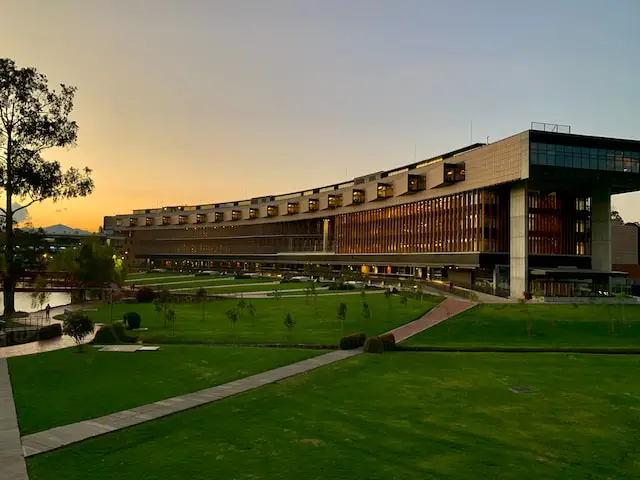The University of Alabama at Birmingham (UAB) is a public research university located in Birmingham, Alabama. It is the largest university in Alabama and is known for its strong programs in medicine, health sciences, and engineering, among others. Like any other university, UAB has its own advantages and disadvantages. In this answer, we will discuss the pros and cons of the University of Alabama at Birmingham in detail.

Pros:
- Strong Academic Programs: UAB is known for its strong academic programs, particularly in the areas of medicine, health sciences, and engineering. The university is home to several highly ranked graduate schools, including the School of Medicine, the School of Health Professions, and the School of Engineering.
- Research Opportunities: UAB is a research university and offers a wide range of research opportunities for undergraduate and graduate students. The university has several research centers and institutes, including the UAB Comprehensive Cancer Center and the UAB Center for Clinical and Translational Science. These centers provide students with opportunities to work on research projects and gain hands-on experience in their fields.
- Career Services: UAB has a strong career services department that provides students with resources and support to help them find internships and jobs after graduation. The university also has strong connections with businesses and organizations in the Birmingham area, making it an ideal location for students to gain real-world experience through internships.
- Campus Community: UAB has a strong campus community and school spirit. The university has a vibrant student life, with many student organizations and events, including sports, music, theater, and community service. The university also has a strong Greek life and a number of fraternities and sororities.
- Affordability: UAB is a public university, and tuition costs are relatively low compared to other universities in the region. The university also offers a range of financial aid options, including scholarships and grants, to help make education more affordable for students.
Cons:
- Location: While Birmingham is a vibrant city, it may not be the ideal location for all students. The city has a higher crime rate than other cities in the region, and safety can be a concern for some students. Additionally, Birmingham may not offer the same cultural opportunities as larger cities.
- Campus Size: Some students may find that UAB’s campus is too large or lacks the intimacy and community of smaller universities. While the university has been working to create a more cohesive campus environment, some students may find that the size of the university is overwhelming.
- Course Availability: Some students may find it difficult to get into the classes they need at UAB. The university has a large student body, and popular classes can fill up quickly. This can make it challenging for students to complete their degree requirements in a timely manner.
- Parking: UAB has limited parking options, and finding a parking spot can be a challenge, particularly during peak hours. This can be frustrating for students who have to drive to campus and may cause them to be late for class or miss important meetings.
- Limited Student Housing: UAB has limited student housing options, and some students may find it difficult to find affordable and convenient housing near campus. This can be particularly challenging for out-of-state or international students who are not familiar with the area.
In conclusion, the University of Alabama at Birmingham has a lot of advantages, including its strong academic programs, research opportunities, career services, campus community, and affordability. However, there are also some drawbacks, including safety concerns, campus size, course availability, parking, and limited student housing. Ultimately, the decision to attend UAB will depend on each individual’s personal priorities and preferences.